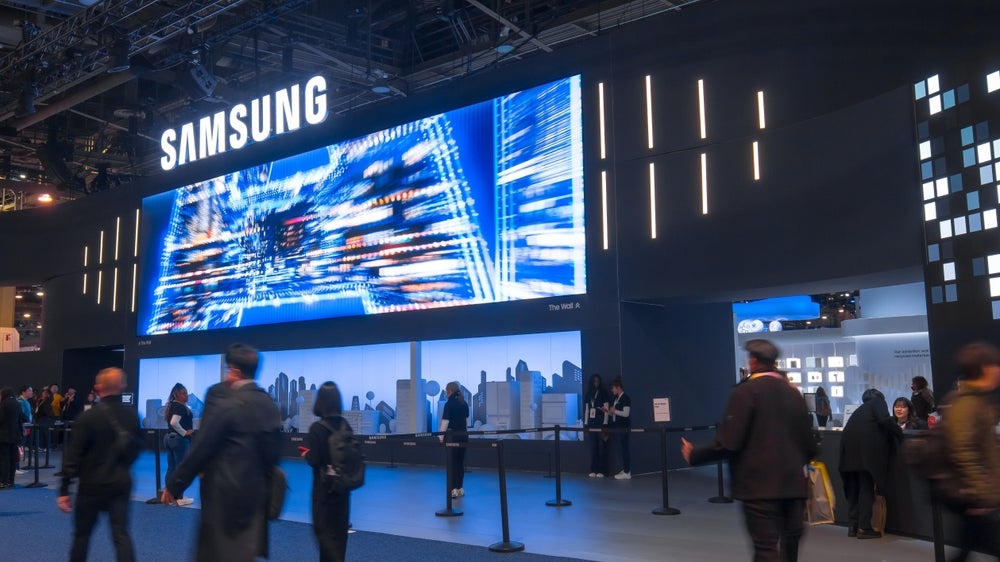Big brands investing in a product category typically indicates a promising market opportunity, and Samsung’s long-standing partnership with Google and Qualcomm on hardware and software development is set to culminate in the release of Samsung’s Project Moohan, an extended reality (XR) headset leveraging Google’s new Android XR platform.
The headset features cutting-edge displays, advanced passthrough capabilities, and intuitive multi-modal input, powered by Qualcomm’s Snapdragon XR2+ chipset. This collaboration signals a concerted effort to advance the XR ecosystem and suggests a long-term market outlook for XR technologies.
The device will be equipped with a suite of Google applications, specifically optimised for XR headset usage, including Gmail, Maps, Google TV, and YouTube. Google has also announced plans to extend support to additional applications from the Google Play Store on the XR platform. While pricing details and a specific release date remain undisclosed, the headset is anticipated to launch in 2025.
Android XR
Android XR is poised to become a versatile AI assistant, supporting both headsets and smart glasses. The platform’s integration with Google’s Gemini AI platform facilitates controller-free operation through a conversational user interface and contextual awareness.
Google’s focus on ensuring native app readiness for XR environments, such as immersive YouTube experiences, further demonstrates the platform’s potential for widespread adoption.
AR glasses are coming from Samsung and Google
Samsung and Google also demoed AR glasses, featuring turn-by-turn Google Maps directions, which indicates parallel advancements in AR technology, albeit without a specified release schedule. Google’s re-entry into the AR space with Android XR reflects a strategic pivot from its earlier Google Glass initiative.
Access the most comprehensive Company Profiles
on the market, powered by GlobalData. Save hours of research. Gain competitive edge.

Company Profile – free
sample
Thank you!
Your download email will arrive shortly
We are confident about the
unique
quality of our Company Profiles. However, we want you to make the most
beneficial
decision for your business, so we offer a free sample that you can download by
submitting the below form
By GlobalData
The three-pronged strategy for Android XR involves developer engagement, leveraging Gemini’s conversational capabilities, and embracing a multi-device ecosystem where headsets and glasses serve complementary roles. This approach acknowledges the episodic nature of XR device usage and the importance of a consistent AI experience across various form factors.
XR market implications
The XR market has yet to witness a viable product, with Apple‘s Vision Pro experiencing underwhelming sales and Meta’s Reality Labs incurring financial losses despite aggressive pricing strategies. Meta’s commitment to democratising mixed reality contrasts with the high price point of Apple’s offering, indicating a disparity in market approaches.
However, Meta is making significant progress in this sector by integrating Meta AI into its Ray-Ban Meta AR glasses in Europe. Meta’s AI assistant, known as Meta AI, allows users to engage in conversations and obtain answers to general inquiries in multiple languages, including French, Italian, Spanish, and English.
Samsung, Google, and Apple’s shared vision for sleek, transparent glasses as the next consumer hardware frontier suggests a race to compete with Meta’s vision, its extensive content, AI, and resource investment.

